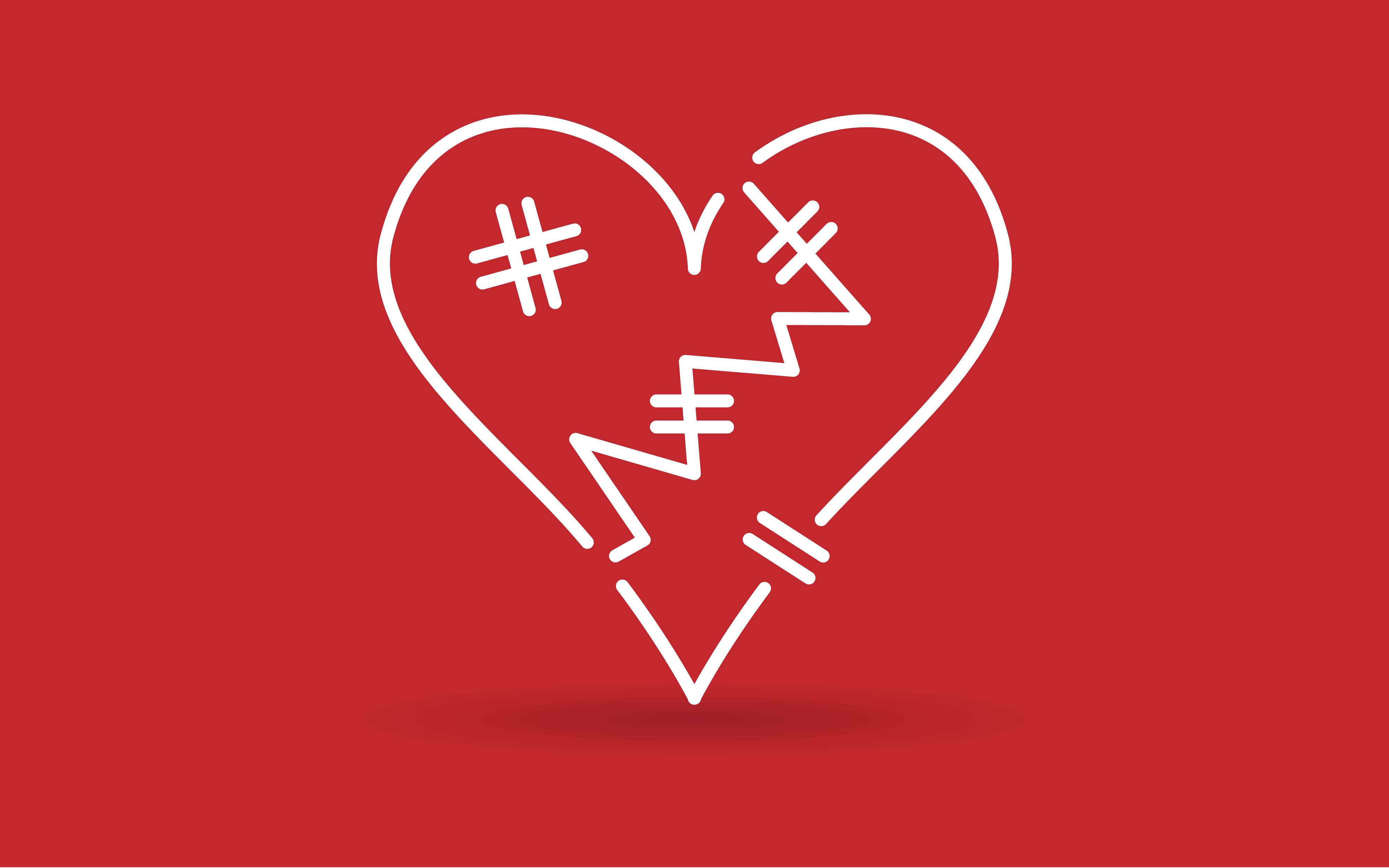How I finally conquered my shame and darkness and left my violent abuser

One of the reasons I went back was in the hope that our relationship would finally transform and become harmonious.
A story of strength, courage, and love gone wrong.
The first time I left my partner was after four years of his rages, his spit on the floor, broken furniture, and bloody lumps on my scalp from his punches. He was at the gym.
I threw some clothes in a bag and let myself out of the flat with shaky hands. Tears rolling down my cheeks, I headed out in my car. I was too exhausted to think. All I knew was I needed to get out of the flat before he came back.
After driving aimlessly for 10 minutes, I pulled over and phoned my best friend. I could hardly talk, but before I had even finished my question: “Can I come and s —” she cut me off. “Yes, come. I’m here.”
I spent two shell-shocked weeks in her guest room, trying to track the gradual spiralling-down of my relationship. As with many women in similar relationships, the abuse and his blame had worsened incrementally.
My partner, who had a psychology degree, told me repeatedly that I was needy, that I was invading his headspace. He would punch me on the skull (where the bruises did not show) again and again and shout, “Stop being violent with me!”
Years of this gaslighting meant that I blamed myself for not making the relationship work. I was filled with shame that some darkness within me incited violence and rage from a man who loved me.
Perpetrators entrap strong, independent women by blaming and shaming them into believing they are somehow at fault. They steadily isolate the women from their usual support system. For the duration of my eight-year relationship, I lied to my best friend and my mother about how bad things were.
As Jess Hill, author of See What You Make Me Do, an in-depth investigation into the factors causing domestic violence, writes: “She is taken prisoner gradually by courtship…it is love that first binds her to her abuser, and it’s love that makes her forgive him.”
And her use of the word “prisoner” is chillingly intentional. She writes: “We know that the techniques commonly used by domestic abusers match those used by anyone who trades in captivity: kidnappers, hostage-takers, pimps, cult leaders.”
Research on the tactics used by perpetrators reveals a universal script. Isolating the victim, inducing exhaustion and dread, the constant threat of violence if she does not fulfil the perpetrator’s expectations, along with insidious brainwashing or gaslighting, leading her to question her perception of reality.
“What this reveals,” Jess Hill writes, “is that there is nothing uniquely weak, helpless or masochistic about victims of domestic abuse.”
When faced with these universal methods of coercive control, victim responses are no different to that of trained soldiers. So it is no surprise that, according to Jane Clayborne, director of community relations at The James House shelter in the UK, “It takes a woman seven attempts to leave an abusive relationship for good.”
One of the reasons I went back was in the hope that our relationship would finally transform and become harmonious.
I hoped that if I worked hard enough on myself and read enough self-help books on relationships, I would find the key to end his violence.
The second time I left, I didn’t call it “leaving”. A flat in our complex came up for rent, and I took it to give us both more space. What was initially meant to be an office gradually became my home.
This space proved to be my lifesaver. I was finally free of the constant blame and control. I did not let my partner in when he came raging in the early hours of the morning.
Slowly my head cleared, and my own voice grew stronger. I began to fall in love with myself.
And I never went back.
Cathy Park Kelly is the author of “Boiling A Frog Slowly, a Memoir of Love Gone Wrong”, published by Karavan Press.




